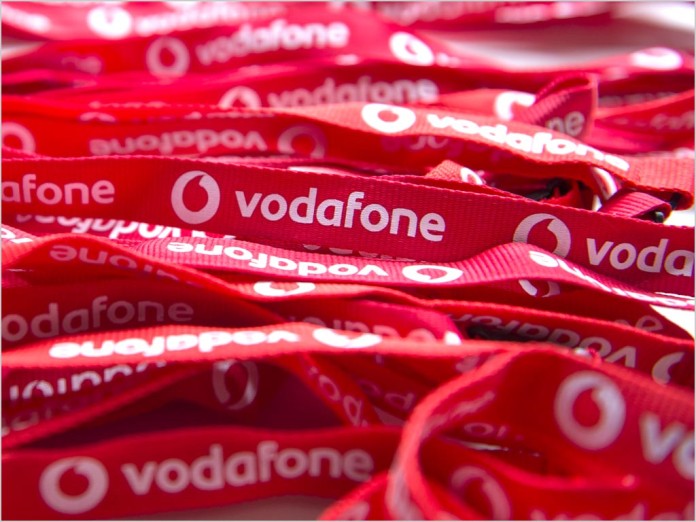
In a new campaign, Vodafone is calling on voters in regional seats to use social media to raise the “urgent need” for more funding for mobile black spots with their federal representatives and candidates ahead of the coming 2 July election.
Dan Lloyd, Vodafone’s Chief Strategy Officer, said that, while the money provided so far to reduce mobile black spots was welcome, many people in regional Australia still do not have “reliable, competitive 21st century telecommunications services”.
“It’s time for Australians in regional and rural areas to send a clear message to their local MPs and candidates that action needs to be taken to end the mobile class divide between cities and rural and regional Australia,” Lloyd said.
“For far too long, small businesses, farmers and families in regional areas have been forced to put up with unreliable coverage, lack of choice of provider or both, while people in the major cities enjoy world-class mobile services and strong competition,” he added.
Lloyd further suggested that, with around 10,000 known mobile black spots in regional Australia, the existing Mobile Black Spot Programme will only make a “limited difference” and should be expanded to bring services up to acceptable levels.
The allocation of existing funding for telecoms services should be changed through Universal Service Obligation (USO) reform, he said, as well as an increase in overall funding.
The USO is a regulated safeguard that ensures access to standard telephone services and payphones “on reasonable request” to all Australians.
In late April, the Federal Government asked the Productivity Commission to carry out an inquiry into the USO, in order to examine its “role and relevance” in a fast-changing market.
“Australians are voting with their feet by choosing mobile over landlines. The $300 million provided to Telstra every year through the USO to maintain an outdated copper network and payphones in regional areas can be much better spent,” Lloyd said.
Diverting some USO funds to a permanent Mobile Black Spot Programme, would mean more Australians in rural and regional Australia benefitting from increased coverage and choice, he said.
Lloyd concluded: “With the Federal Election quickly approaching, now is the time for regional communities to send a clear message that they deserve a better deal on mobile telecommunications.”
Image credit: Vodafone Medien, Creative Commons

I’d just note this company paid no corporate tax on revenues of $3.5 billion in 2014.
Now this may be due to a genuine loss, but their parent company is notorious for use of tax havens and transfer payments to minimize taxable revenue, so any claims to genuine loses need to be regarded with some scepticism.
It is stunning they now want the tax payer to subside their network expansion.
Pretty sure Vodafail is still seeing red on a lot of their balance sheets, they pumped some serious $$ into the company whilst losing subs hand over fist.
Yes private enterprise in all their hypocritical glory.
Market = government keep your fucking nose out of our business.
Now that we have that sorted…
Let’s talk about areas other than our creamy areas where we make a motza and how you will pay us governmental black spot subsidies (and then just maybe, we can also discuss political donations – wink)?
Obviously white elephant scammy trash that will never compete or replace fibre which this crap also relies on.
Not sure if people realise. Telstra got a lovely corporate welfare handout after thieving billions from us to pump into their white elephant scammy mobile trash.
Heck they left HFC go to waste to wait for the tax payers to fix it up. The great work of Liberal privatisation.
If we pay for the coverage, are the calls and data free?
Comments are closed.